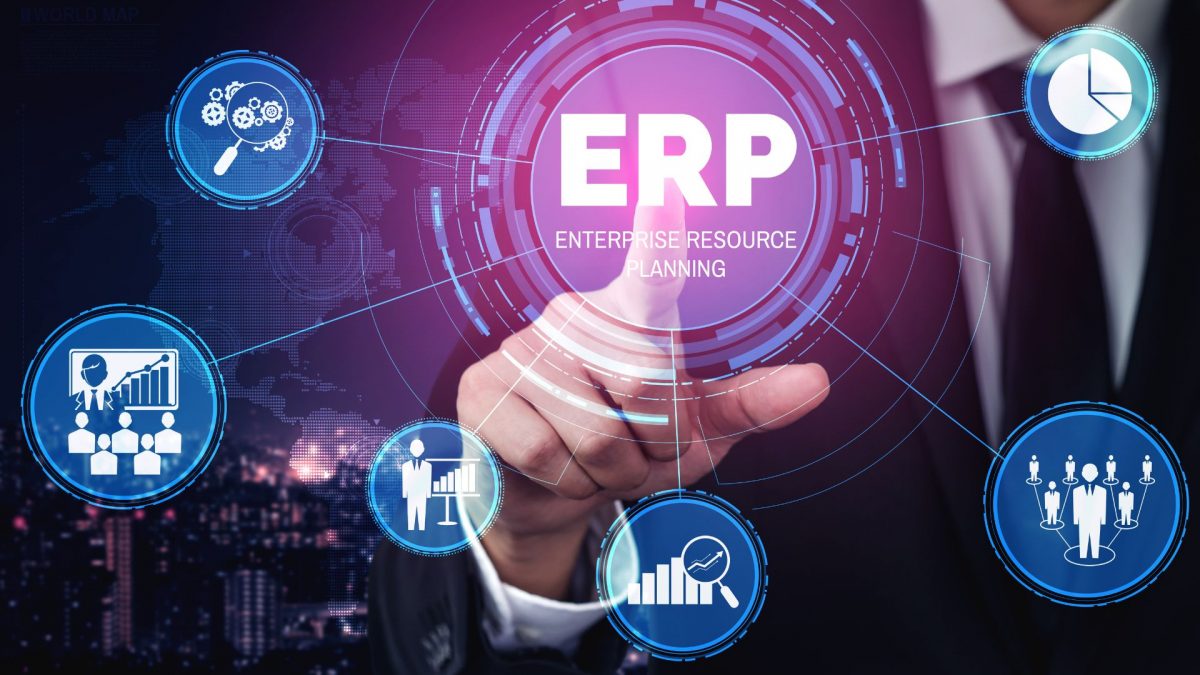5 Reasons to Move Your ERP Technology to the Cloud

Top 5 Reasons Why Big Companies Use Python for Development
March 30, 2016
Step by Step Guide to Web Designing and Web Development
May 3, 2016Cloud Technology and ERP
Back in the day Enterprise Resource Planning (ERP) software was only affordable by large companies, but today due to increased availability and lowered costs, even small to midsize businesses (SMBs) can now benefit from ERP technology. One of the latest technological evolutions these companies are seeing is in the area of cloud-based ERP. Although it is relatively new, a host of benefits have come with its implementation.
Reduced Capital to Get Started
Research has shown that businesses could end up spending $700 per employee, per month, on IT expenses. This means that reducing technological costs is imperative for companies to succeed. ERP in the cloud is more affordable from the start.
When a company chooses to host its ERP solution on site, it must first pay for the infrastructure. This includes hardware and networks that can cost thousands of dollars. Instead, SMBs and expansive corporations alike can use their internet service to access, store and maintain all their essential ERP processes in the cloud.
Improved ERP Disaster Recovery
Every company, regardless of its size, needs to have a disaster recovery plan in place. This often requires indepth planning, but when it comes to cloud-based ERP solutions, disaster recovery is already built in.
Companies that opt for traditional ERP have their networks, software and data all on site, and a single disaster could wipe out everything. With hosted ERP, everything is stored in an off-site location. Even better, data is usually backed up to other sites in case disaster befalls the first.
Not Confined to One Location
Previously, all work systems were only accessible from the specific location where information was hosted. Being consistently stuck to a work space is a main driver of employee dissatisfaction, and unhappy employees create a 21 percent drop in productivity.
With cloud ERP, this is not an issue. The cloud is accessible from anywhere, so as long as a specific location or computer has been approved by the company, employees can get the job done. This comes in especially handy for mobile workers or when some form of disaster requires employees to migrate to a secondary work site.
Cloud ERP Is More Flexible
One of the most amazing things about cloud technology, regardless of its area of use, is its scalability. Cloud-based systems allow companies to pay only for what they use. If a company hosts its ERP on site, it has to estimate its hardware needs from the start and may end up investing in infrastructure that is either too large or too small for eventual needs.
In contrast, hosted ERP providers can easily reduce or increase capacity as a business needs it. While it is possible to scale up or down with systems hosted on site, this is often an expensive endeavor.
Data Safety in the Cloud
Some companies that have not migrated their ERP systems to the cloud list security concerns as a reason. Thanks to the continued evolution of cloud technology, however, this is not an issue. The main threat to the data at a company is the company’s employees. In essence, keeping everything off site actually makes it safer.
Cloud technology and service as a software (SaaS) providers have spent years creating a secure place in the cloud. In fact, Forbes pointed out in 2015 that it is the cloud that now protects citizens’ medical data. The security of data depends more on the reliability of the provider than the cloud itself.
Enterprise resource planning makes it easy for companies to integrate their data and information into one central resource. As is the case with any other technology, ERP solutions are steadily evolving. The intersection of the cloud and ERP was inevitable, and companies that do not utilize the emerging technology are doing themselves a disservice.




